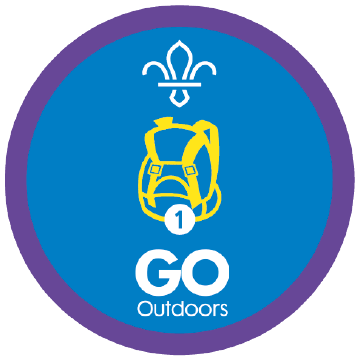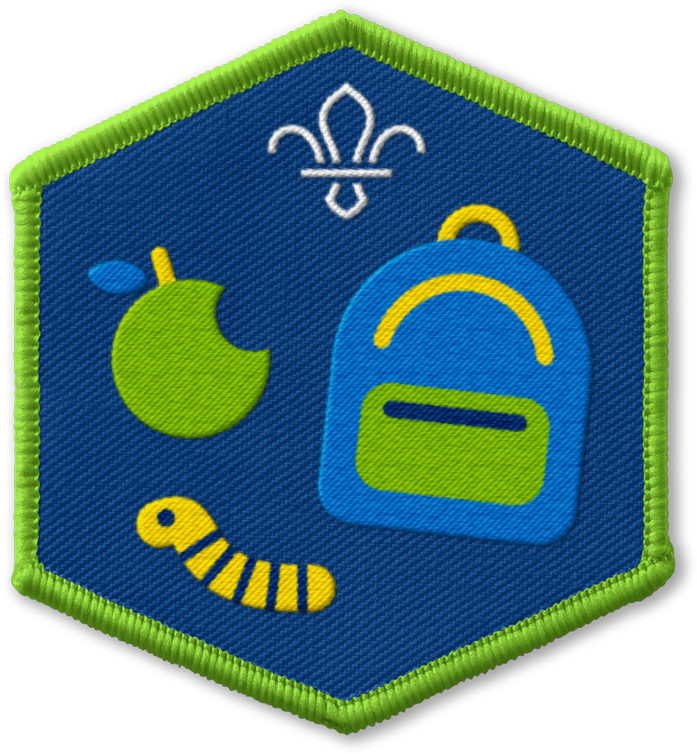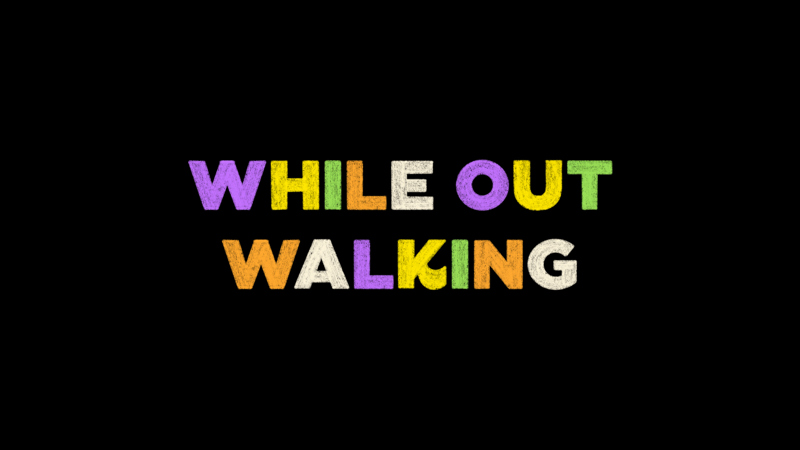
While out walking
You’ll need
- Pens or pencils
- A4 paper
- Disposable gloves
- Water bottles
- Sanitising hand gel
- Rubbish bag
- First aid kit
Plan your hike
- Everyone should talk together about where they’d like to walk - how about woodlands, urban paths, or wetlands?
- Everyone should agree on a purpose for their hike. You could look for wildlife, do a tree survey, or try to find a landmark or a view point.
Get ready to hike
- Make sure that everyone wears clothes that are suitable for hiking - and right for the weather. This includes shoes: walking boots or sturdy trainers are best.
- Everyone should pack their own bag, making sure they have everything they need.
- Their backpack needs to have: a waterproof coat, sun cream and sun hat (or woolly hat and gloves), a full water bottle, snacks for energy, and any medication they may need (for example, an asthma inhaler).
Have fun hiking
As everyone is hiking, pause every so often to complete the challenges. This is also a good time to have a drink and a snack, and put some more sun cream on.

Challenge one: green with envy
- Find something green. Who can find something the quickest? Who can find the biggest thing? Who can find the most interesting thing?

Challenge two: follow me
- When the group makes a decision about where to go (for example if the path splits in two different directions), they should leave a sign to show another imaginary group which way they chose.
- Try this challenge for every decision the group makes between two break points. How many signs did you have to leave?

Challenge three: who lives in a place like this?
- Everyone should find a creature that’s living nearby. Are there any cows in a field, birds in a tree, or bugs under a log? Can you find different creatures?

Challenge four: good clean fun
- Everyone has three minutes to pick up as many pieces of litter as they can and put them in a bin. If there’s not a bin nearby, carry it in the rubbish bag until you find one. Don’t forget to use the gloves, or the sanitising hand gel.

Challenge five: it’s a sign
- Everyone should stop whenever they see a sign that uses symbols instead of words. What does it mean?
- Someone should draw the sign, so the group has a record of what they’ve spotted. They can check whether they got the meaning right when they get home.
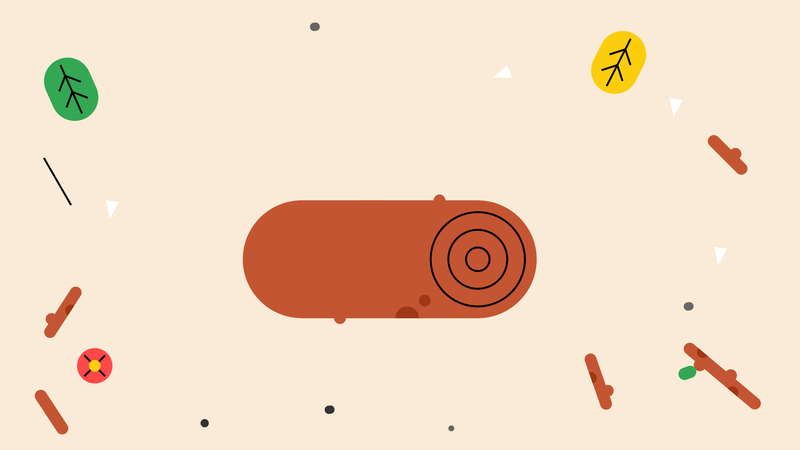
Challenge six: natural art
- Everyone should spend three minutes gathering natural materials (they shouldn’t use anything that’s alive, including living plants).
- Everyone should make a piece of art. It could be a picture or a sculpture.
- Everyone should look at all of the works of art in their mini outdoor gallery.
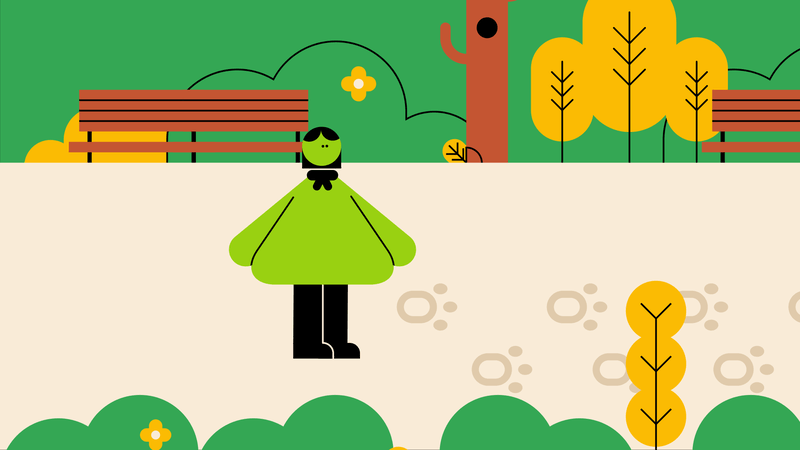
Challenge seven: monster tracks
- Everyone should try to spot tracks left by a real animal – can you see any footprints?
- Using a stick (or whatever else they can find), everyone should create their own tracks in mud or sand. What would it look like if a monster had been hiking past?
Reflection
This activity was a great chance to be active. Did you enjoy it? How did your body feel during the hike, and afterwards? How did you feel before the hike, and afterwards? Why is it important to be active? Is hiking your favourite way to be active? How could you make your next hike even more fun?
This activity was also a good chance to value the outdoors. Was it nice to be outside? What different things did you notice with each sense? Were you around the same nature as normal, or was it different? Which challenge made you feel most connected to nature? Was the nature you saw doing well, or did it need help?
Safety
All activities must be safely managed. You must complete a thorough risk assessment and take appropriate steps to reduce risk. Use the safety checklist to help you plan and risk assess your activity. Always get approval for the activity, and have suitable supervision and an InTouch process.
- Hiking and walking
Follow the guidance for activities in Terrain Zero, or the guidance for each the adventurous activity.
- Adventure
This activity has specific rules and systems to make sure it’s managed safely. Take a look at adventure activities for more guidance.
Adjust the length of the hike, and the amount of time everyone has to complete each challenge. You could also add in your own challenges. Perhaps someone could pretend to need help because they’ve fallen over and bruised their knee, or you may be able to take a camera with you for photographs.
Make sure your route is suitable for everyone in your group.
All Scout activities should be inclusive and accessible.
